Complete guide to external electrical installation: aesthetics and safety
- 01 Mar, 2024
- Home , Buying guides
- 0 Comments
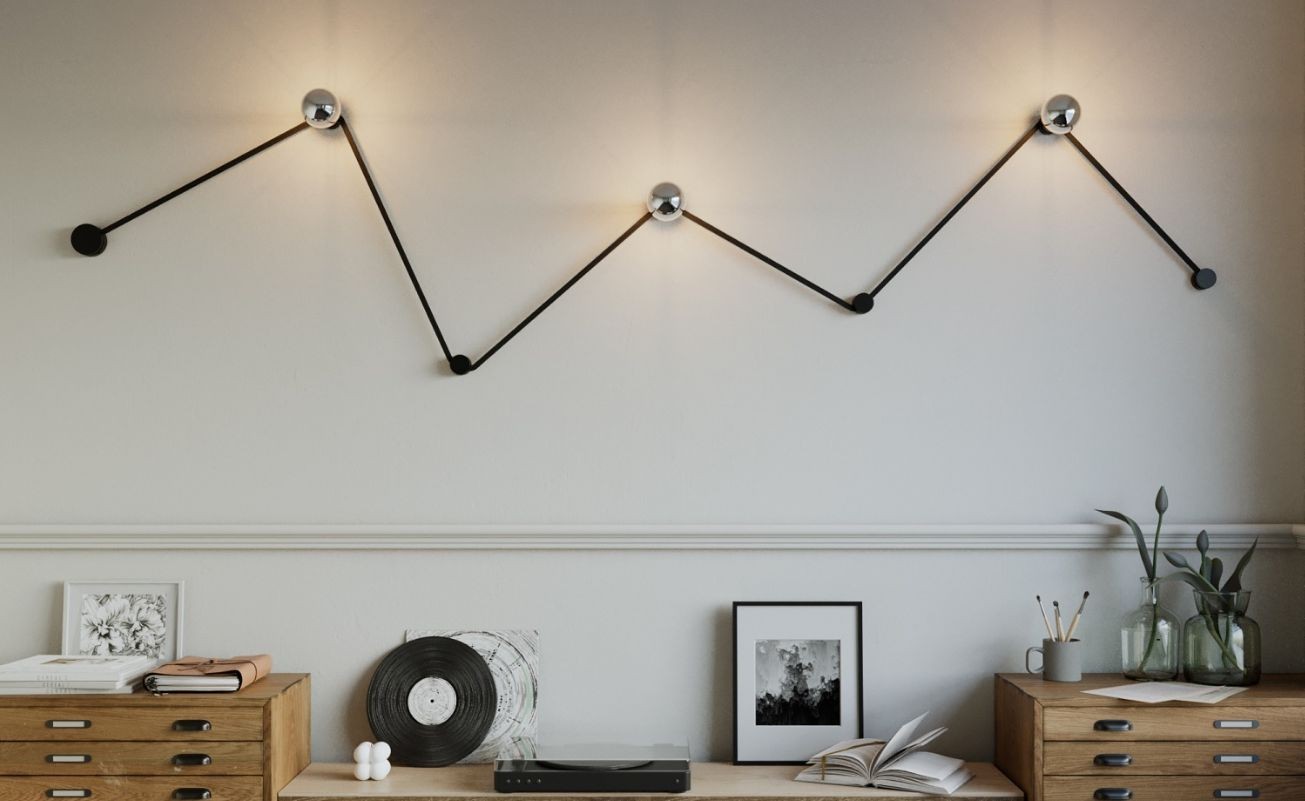
An external electrical system, visible on the wall and not recessed, can be an interesting stylistic choice, simpler and more economical to implement than you might think. However, it is essential to analyze in detail the advantages and disadvantages in order to make the right choice.
In the world of design and interior decoration, surface-mounted electrical wiring has become a popular choice for those who want to combine functionality and aesthetics. Especially in homes with a vintage or industrial style, a well-designed external electrical system not only meets practical needs, but also adds a distinctive touch to the environment. The advantages are numerous, including: aesthetic appeal, ease of installation, possibility of modifications without the need for structural work. However, safety should not be overlooked. It is essential to rely on qualified professionals for a safe installation that complies with all regulations. Even surface-mounted electrical wiring can be dangerous if not installed correctly. In this guide, we explore the pros and cons to consider before installing an external electrical system.
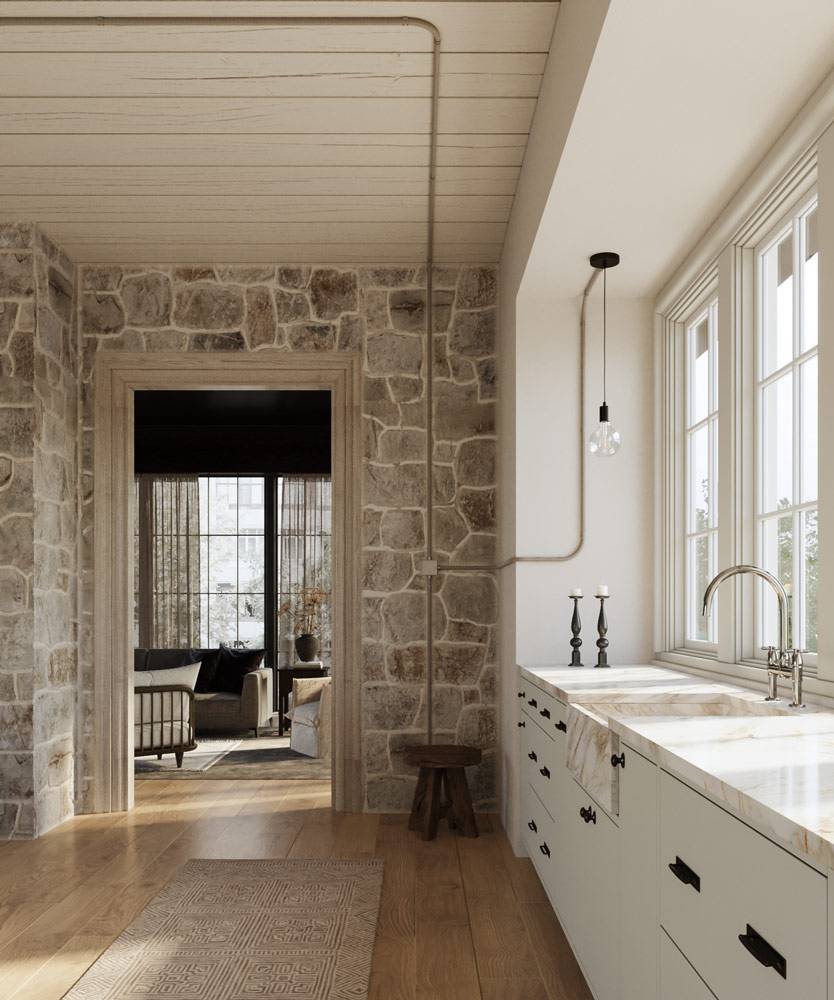
What requirements should an external electrical system have?
An exposed electrical system has the advantage of not requiring major construction work for installation, making it well-suited for attics, garages, and warehouses. It's also perfect for those seeking a vintage and industrial style at home. Whether in residential or commercial spaces, it must be installed in compliance with regulatory standards to ensure safety and efficiency. Therefore, it is important to ensure safety by relying on specialized technicians with the necessary certifications.
Unlike traditional systems, this type is installed externally to the walls and does not require recesses, allowing for a quicker installation without demolitions. However, the quality and compliance with standards must be equally, if not more, rigorous.
What requirements should an external electrical system have?
Creating a surface-mounted electrical system requires attention to detail and careful planning. The first step involves choosing the route of the cables, which should seamlessly integrate with the aesthetics of the environment. Surface-mounted electrical conduits are essential in this context: available in various materials and finishes, they allow for concealing the cables while also ensuring easy access and maintenance. The Creative Cables solution for a safe, customizable, and stylish surface-mounted system is the one with the Creative Tubes, flexible fabric-covered conduits.
What section of cables to use for an outdoor electrical system?
The choice of cable section is crucial for the safety and efficiency of the external electrical system. To avoid risks such as overheating, it is essential to select cables of the appropriate section based on the expected electrical load and the length of the route. Large-section cables are certainly a good starting choice, which should be evaluated by those who install the system.
Vintage external electrical system
For those who love retro or vintage style, the external electrical system can become a distinctive design element. By using fabric conduits, as well as switches, power outlets, and components in porcelain, it will be easy to achieve a look that complements vintage furniture and decorations.
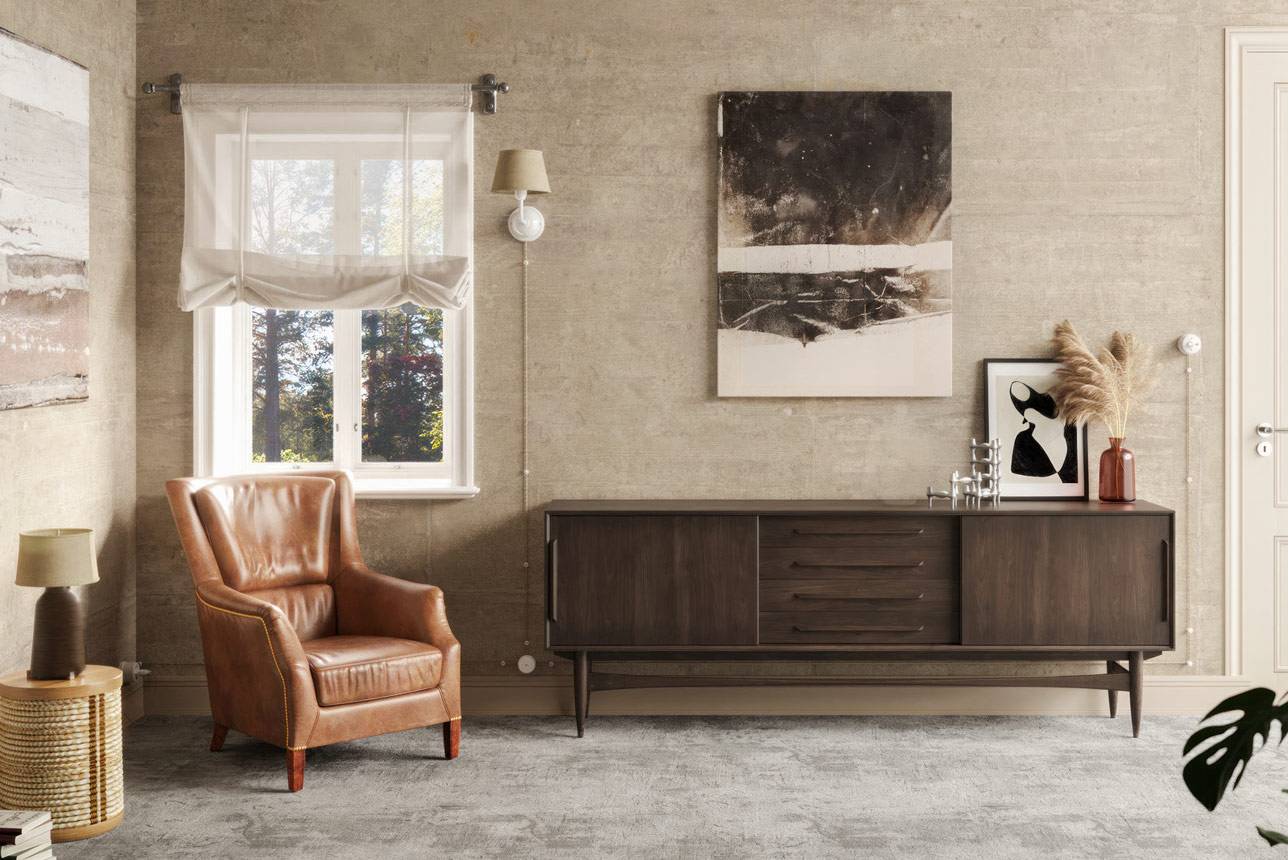
What rules must be followed to install surface-mounted electrical wiring?
In general, the regulations to be complied with are the same as those for built-in systems. It is necessary to navigate through laws listing the minimum safety requirements, decrees establishing criteria and materials for electrical systems, and regulations governing the installation activity. Some of these are valid at the European level, while others are defined by each individual country. Given the complexity, it is essential to rely on specialized technicians for a safe and compliant implementation.
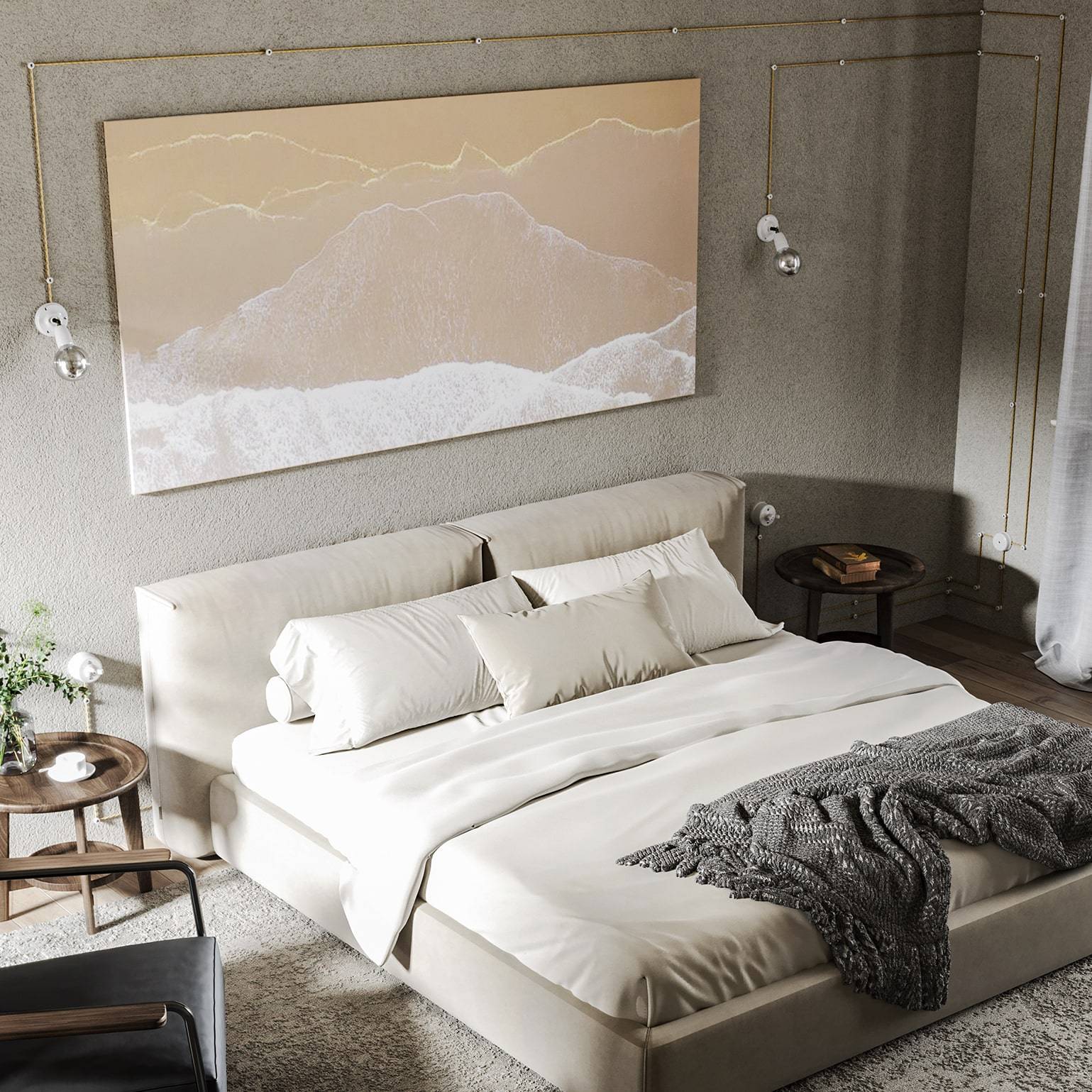
What are the costs for an external electrical system?
The cost varies depending on various factors, such as the location, size, and complexity of the system, the type of property, and the desired light points. For example, for a 70 sqm house with about 40 light points, the cost is around 50-80 euros per point, for a total of approximately 2,000/3,500 euros. However, the choice of high-quality materials and other factors can significantly influence the final cost.
External electrical system: pros and cons and suggestions
Among the reasons to choose a surface-mounted electrical system, there are definitely three:
- Possibility to install it even in properties with architectural constraints
- Easy to implement, modify, and maintain
- Wide range of design choices that add character.
Before installing a surface-mounted electrical system, however, it is important to consider that special attention will need to be paid to the materials used due to the increased exposure to external factors.
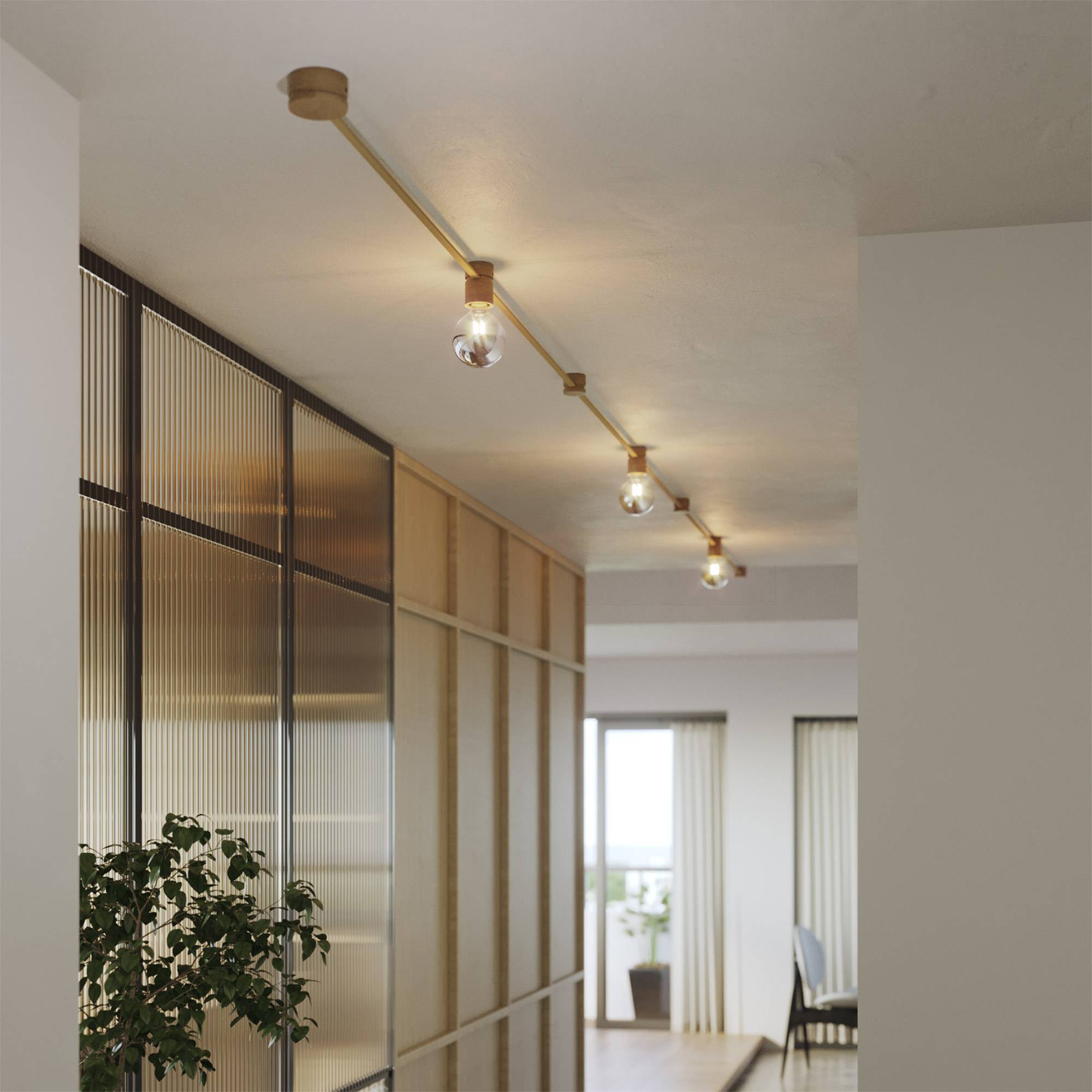
In conclusion, an external unit is ideal for homes with constraints and for those who love vintage or industrial style. But also for those looking for a quick and economical solution in spaces like garages and attics. The cost varies based on the materials and design chosen, and safety is guaranteed if the system is installed according to regulations.
You must be logged in to post comments


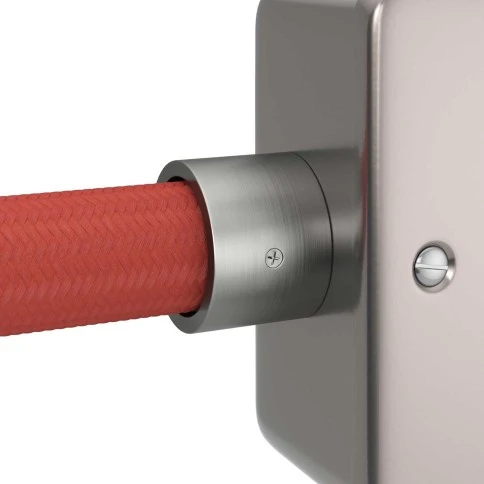
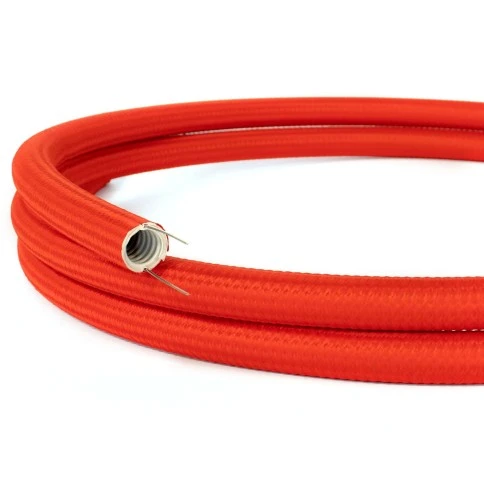
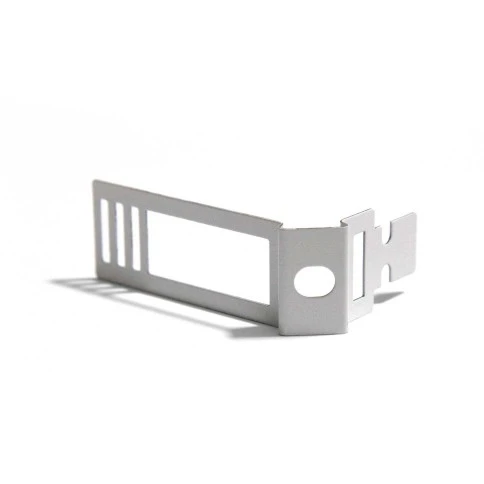

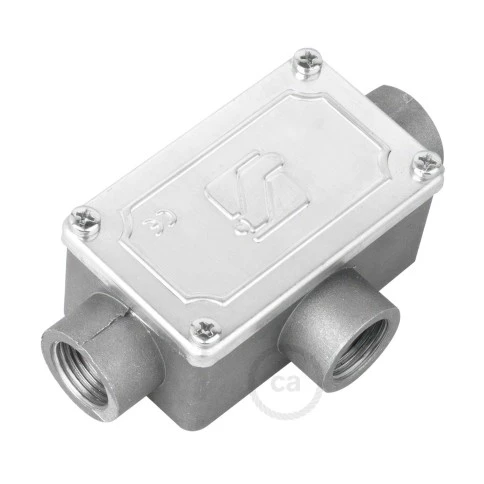
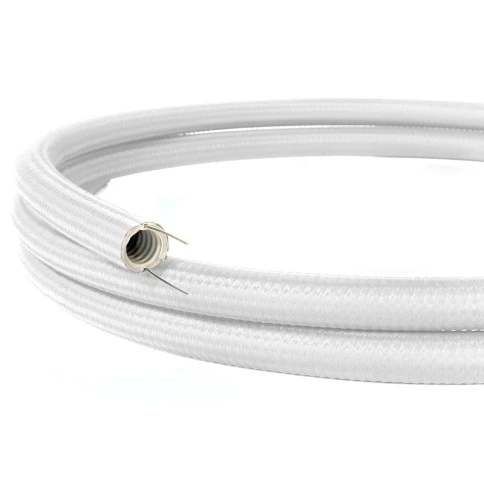
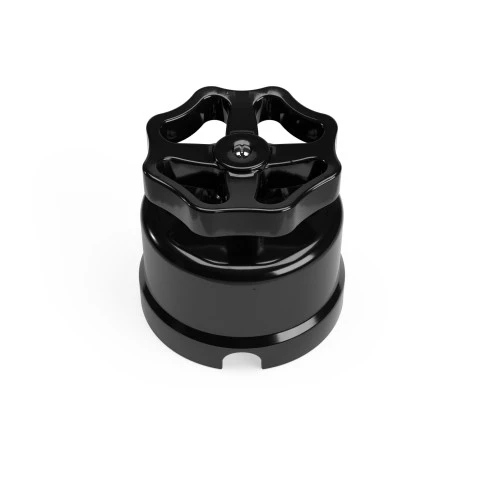
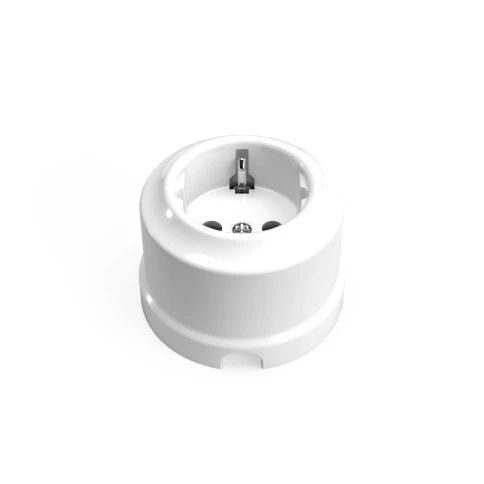
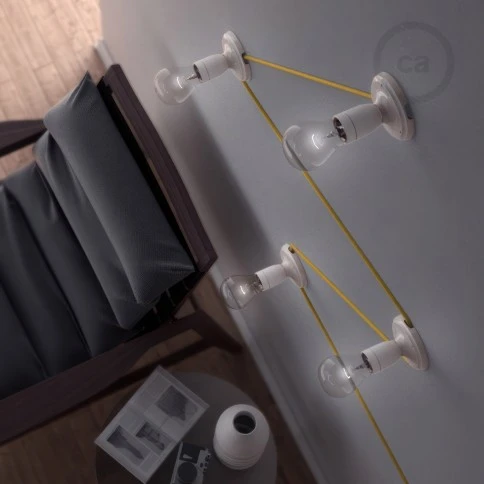


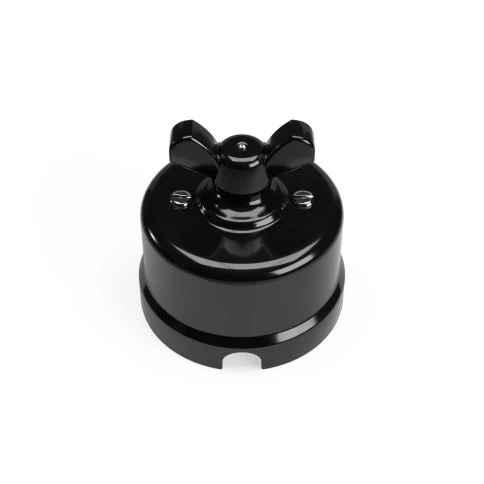
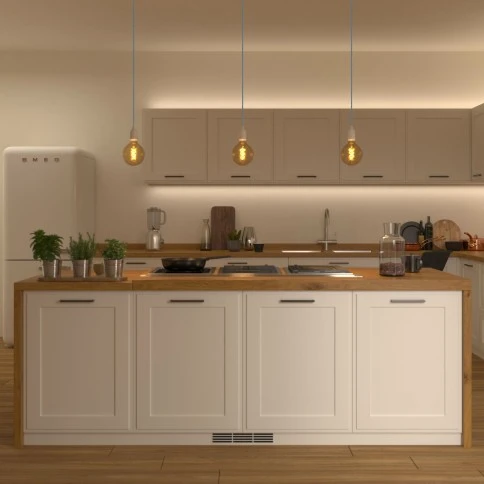


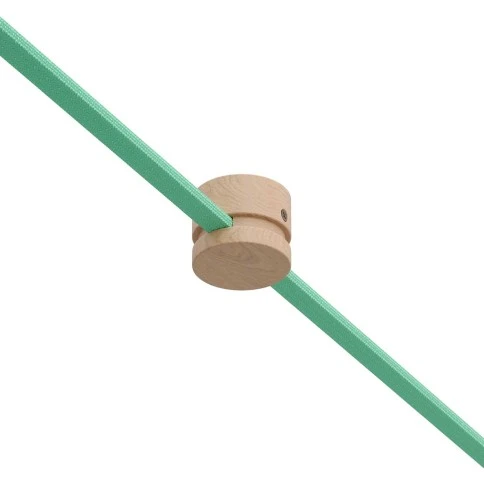




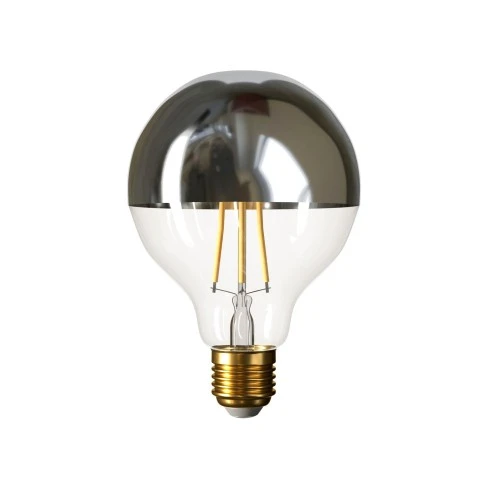

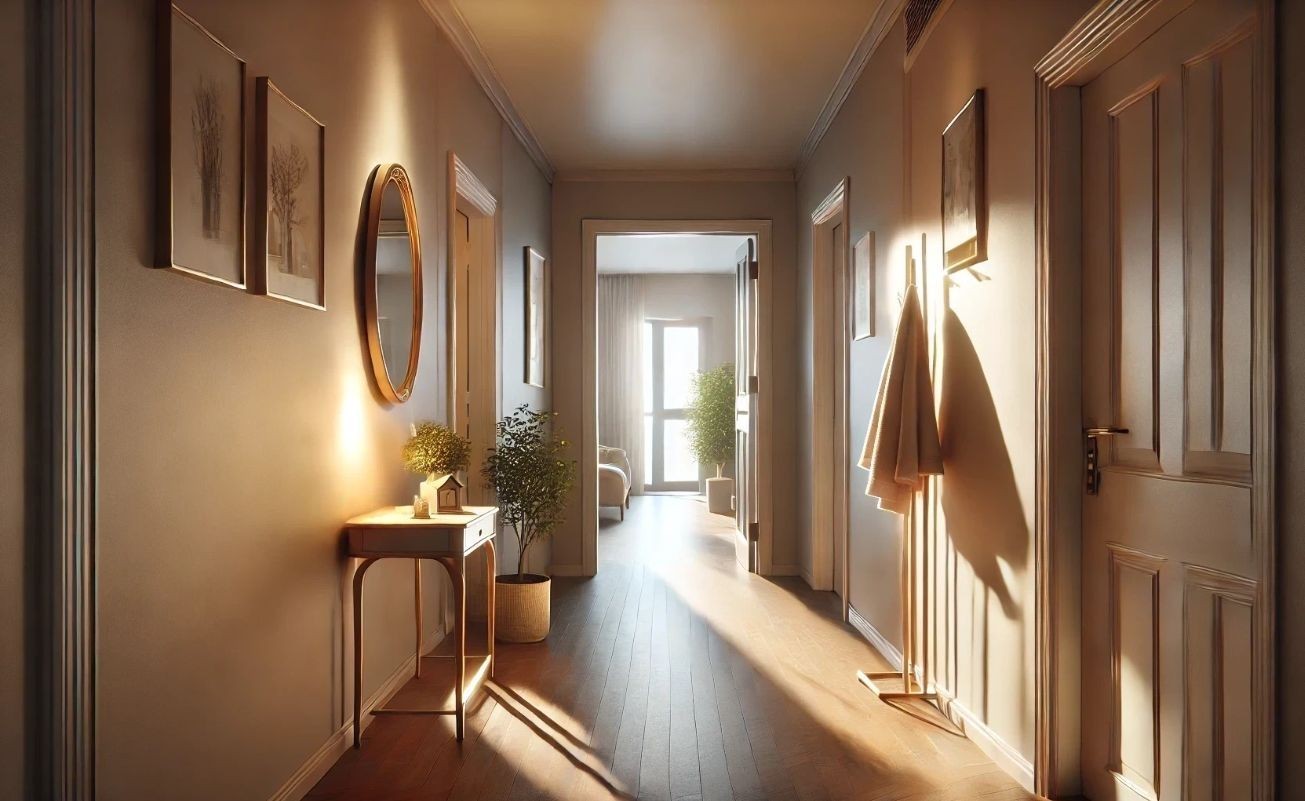
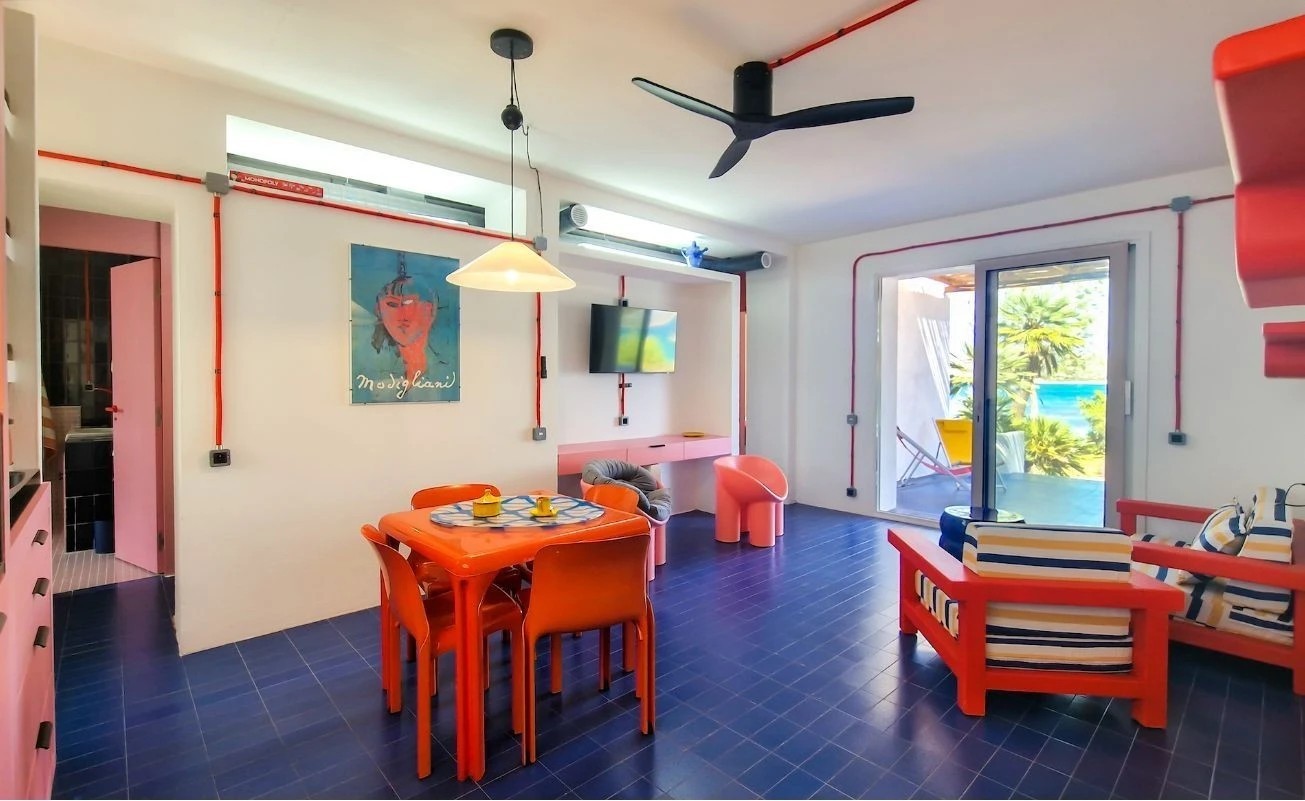

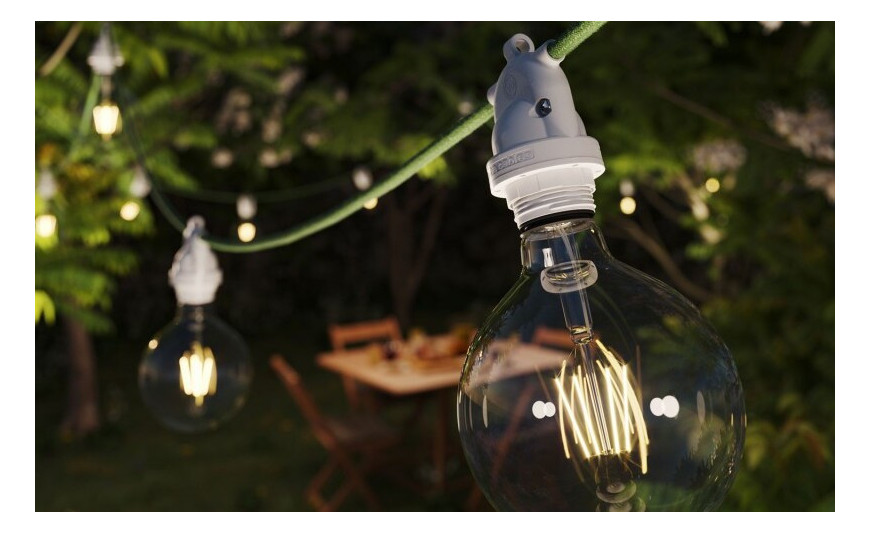
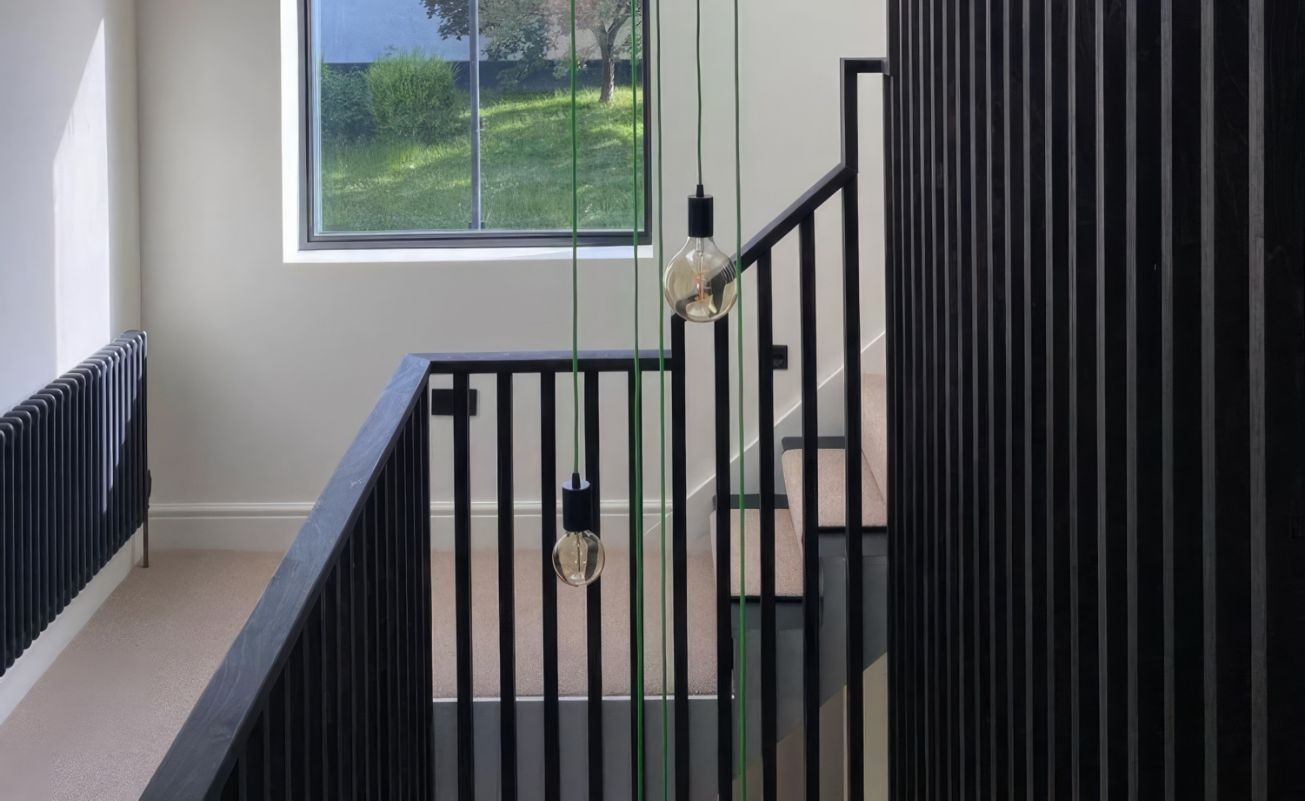
0 Comments